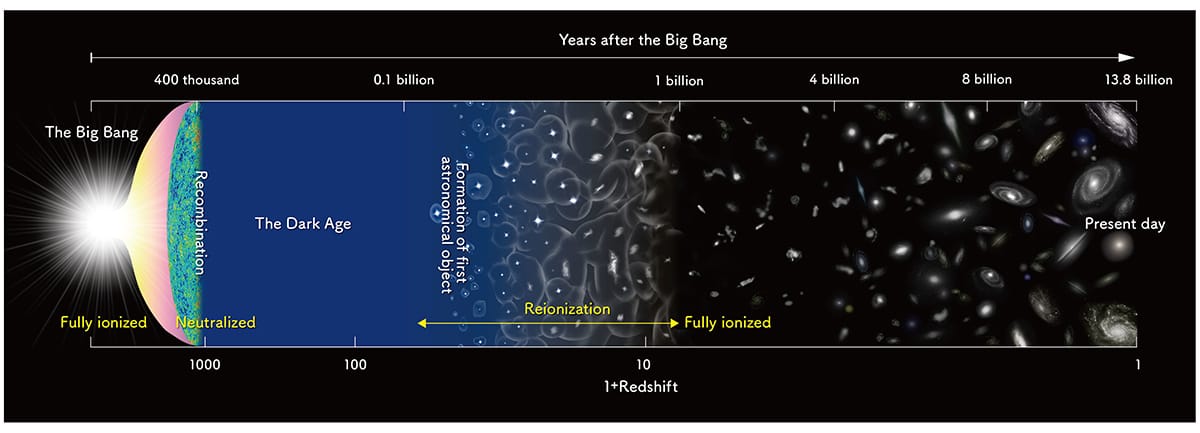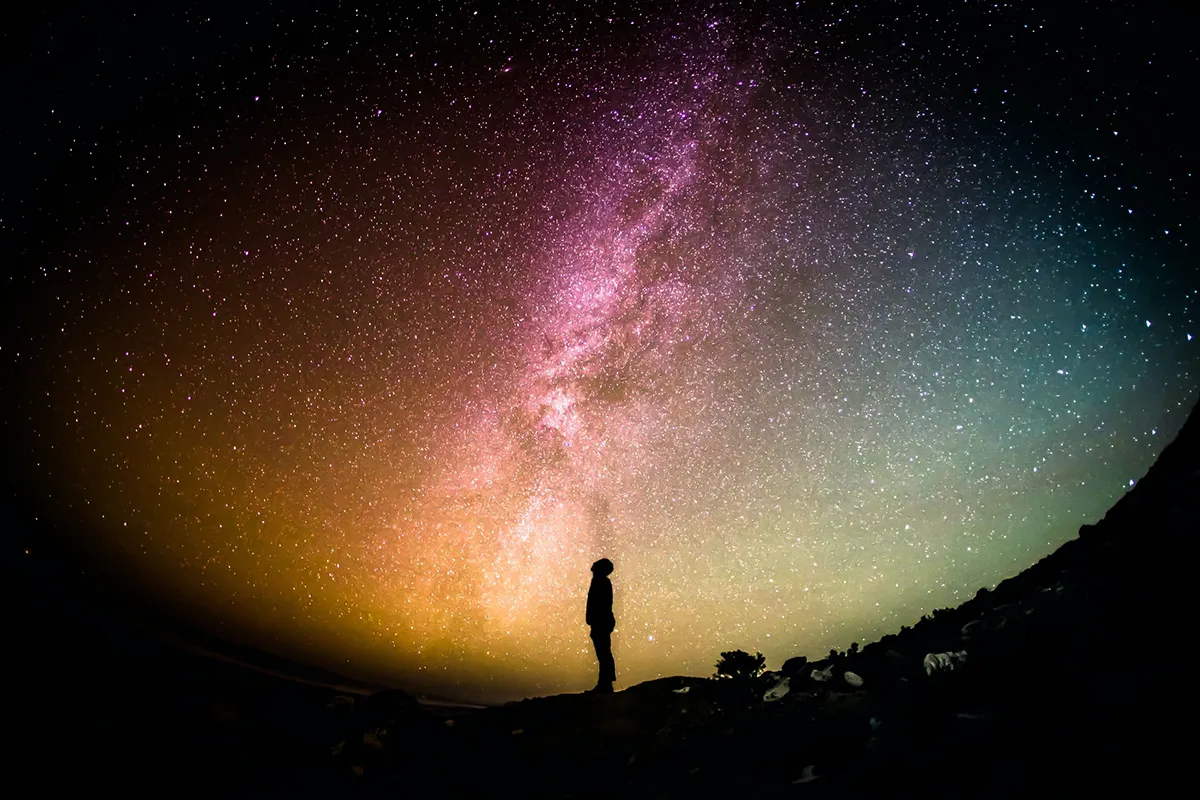Table of Contents
It’s fascinating to comb through the detritus of the history of science and pondering ideas which once ruled supreme but are now forgotten. The Luminiferous Aether, Phlogiston, or the Martian Canals. Each of these ideas enjoyed a more or less lengthy time as the ruling scientific explanation. Sometimes decades, sometimes centuries.
Each, eventually, was discarded because a better explanation came along. That didn’t mean their originators were stupid: they were just wrong. Even the best could be wrong. Einstein, for instance, was so wedded to the “Steady State” (non-expanding) universe, that he conjured a “cosmological constant” to try and explain it. Eventually, evidence such as Hubble’s discovery of red shift, showed that Einstein’s static universe couldn’t possibly be true.
But the cosmological constant enjoyed a kind of second life: in recent decades, it has been revived as “dark energy”, the supposed mechanism for the apparent fact that our universe is not just expanding, but expanding faster. The 2011 Nobel Prize went to the three scientists who proved that that is what’s happening.
A 2019 paper claims that the evidence used by the Nobel Prize winners was wrongly interpreted. In fact, supposed cosmic acceleration is just an artifact of our local corner of the Universe. In totality, there is no acceleration. Dark energy, it follows, does not exist.
First, the research that led to the Nobel Prize.
Saul Perlmutter, Brian Schmidt, and Adam Riess […] used evidence from exploded stars called “la supernovae” or “standard candles” to show that the Universe’s expansion was getting faster. These kinds of supernovas are so bright that we actually know their absolute brightness. This fact allows scientists to calculate the distance of these explosions from Earth, while studying the red shift in the light they emit points to the Universe’s rate of expansion. In 1998, groups led by Perlmutter and Schmidt found light from 50 supernova to be dimmer than it was supposed to be, leading them to conclude that cosmic expansion was actually accelerating (thanks to dark energy – a yet-to-be-directly-observed enigmatic force that supposedly takes up 68% of all mass-energy in the Universe while causing it to expand).

Not so, argue Oxford physicist Subir Sarkar and his colleagues at the Niels Bohr Institute and the Paris Institute of Astrophysics.
By statistically analyzing a sample of 740 la supernovae in their 2015 paper, Sarkar’s team found “only marginal” support for cosmic acceleration with low statistical significance. The difference in their approach was in how they looked at the procedures used to calculate the absolute brightness of supernovae and how their light is absorbed by dust that gets in the way.
Big Think
The 2015 paper was naturally criticised heavily by others in the astrophysics community. In their second paper, rather than back down, Sarkar and his team are sticking to their guns in their 2019 paper.
In it they further downgrade the significance of the supernovae evidence, arguing in fact that cosmic acceleration probably does not exist – that what the Nobel prize-winning teams saw was simply the result of local motion in our particular corner of the universe […]
“If you look at supernovae in only a small part of the sky, it would look like you had cosmic acceleration,” says Sarkar. “But we are saying that it is just a local effect, that we are non-Copernican observers. It has nothing to do with the overall dynamics of the universe and therefore nothing to do with dark energy.”
Physics World
Further, Sarkar argues that claims that the Cosmic Microwave Background does not “directly measure dark energy”. Instead, he in essence says that the supposed dark energy is more like the Martian Canals: scientists probing at the fuzzy edges of measurable data are simply finding what they already expected to find.
Still, the accelerationists are not giving in. Criticisms of Sarkar’s latest paper still abound.
What practical difference will settling the debate make? Who knows, if any. But, if nothing, it’s at least a reassurance that at the harder edge of science, proper debate still exists. The science of cosmology most certainly is not settled.









